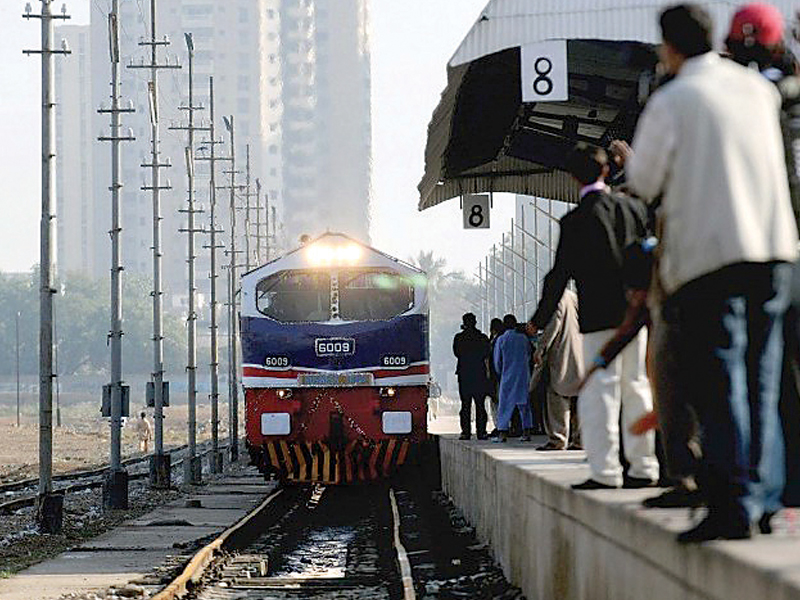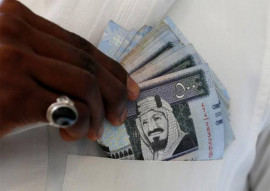
The conflict between managements of state-owned Pakistan Railways and privately run Pak Business Express is no secret. But this clash of interest has now started affecting performance of the business train – once famous for its accuracy in departures and arrivals.
Frequent delays are denting revenue of the Business Express as passengers become disappointed and displeased with the management, officials say.
There is a deadlock between the two enterprises, which has made the future uncertain for the business train, the first public-private joint venture in railways that started in February 2012 to revive the troubled Pakistan Railways’ fortunes.
The general manager of Pakistan Railways has called a special meeting with representatives of the Business Express, Four Brothers Group, on August 18 to resolve the row.
Pakistan Railways is earning handsome revenue from this venture and has so far received about Rs1.5 billion from the Business Express. However, many in the railways do not want this venture to continue any more as the accuracy and quality of service have led commuters and others to question performance of the railways itself.
“At the heart of the dispute between the two enterprises that has led to the stalemate was the reduction in seat occupancy rate to 65%, which had earlier been agreed at 88%,” a railway officer told The Express Tribune, but asked not to be named.
This huge reduction in the occupancy rate, which the railways wanted to keep at 85%, had disturbed the planning and would affect the next venture, he said.
Pakistan Railways is receiving Rs2.2 million a day from the Business Express at 65% occupancy, markedly lower than Rs3.1 million which it got at 88% seat factor.
The row erupted a few weeks after the start of Business Express service as the its management pressed for reduction in the seat occupancy rate and stopped paying the agreed amount to the railways.
In response, the railways suspended the train service a couple of times, but some high-ups of the previous government were backing this venture, so the Business Express survived. Just before the end of term of the previous government, the Business Express succeeded in getting the occupancy rate slashed.
Business Express is planning to launch another train service next year, but with the change of government, the railways seems to be in no mood to give more room to the Business Express.
“Pakistan Railways is not expected to close the venture as it is bringing a handsome income with good-quality service for passengers,” said another railway officer, who also wanted to remain anonymous.
“If they do so, they would have to give back initial investment to the Pak Business Express, which is around Rs220 million,” he said. “A strong criticism along with uncertainty about future private investment in the railways will be another hurdle which they will face.”
“We are operating without any motivation from Pakistan Railways these days, and if the railways wants us to close down this venture, then it should first give us a notice and we will stop our operations,” said Mian Shafqat Ali, Director Operations of Pak Business Express.
“We want to run the service as we learn how to do this business but not with the way things are presently going,” Ali added.
Two other joint ventures between Pakistan Railways and Air Rail Services, which operates Shalimar Express and pays Rs1.8 million daily, and the Night Coach, which pays Rs1.7 million daily, are running smoothly and the railways looks satisfied with them. The seat occupancy rate set for these services is around 75%.
Published in The Express Tribune, August 15th, 2013.
Like Business on Facebook, follow @TribuneBiz on Twitter to stay informed and join in the conversation.







1732882586-0/Express-Tribune-(7)1732882586-0-270x192.webp)









COMMENTS
Comments are moderated and generally will be posted if they are on-topic and not abusive.
For more information, please see our Comments FAQ